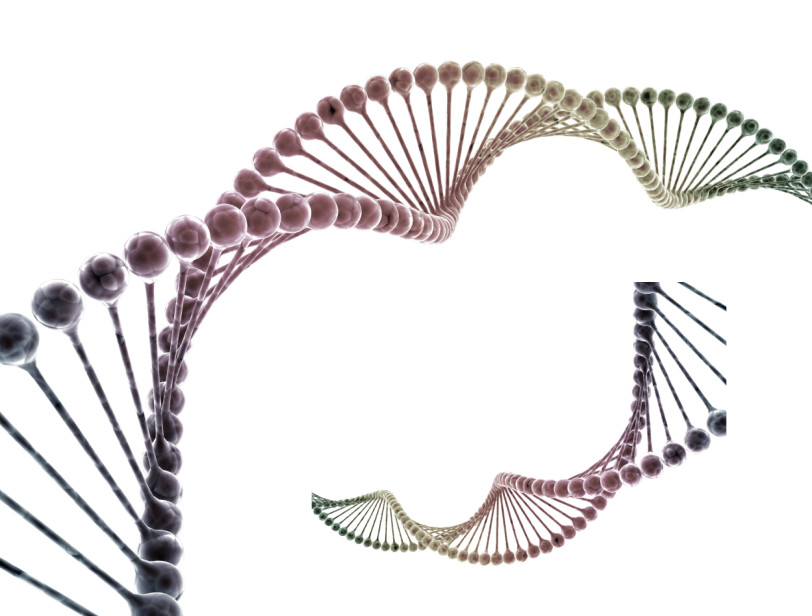Cardiometabolic disease
Cardiometabolic diseases are the leading cause of death worldwide. They include a range of heart and metabolic conditions like heart disease, type 2 diabetes, and a liver condition called non-alcoholic steatohepatitis, all linked by common risk factors. Catching and treating these diseases early is key to reducing their impact on health systems. For example, early stages of insulin resistance can lead to diabetes and metabolic syndrome if not managed well and may eventually result in more serious problems like heart attacks, heart failure, strokes, or Alzheimer’s disease.
Low-grade inflammation
Chronic, ongoing inflammation is a key factor in the development and progression of cardiometabolic diseases. This type of inflammation is influenced by immune cells that operate in specific areas and times, working both locally and throughout the body to impact the disease and its effects on health and disease.


